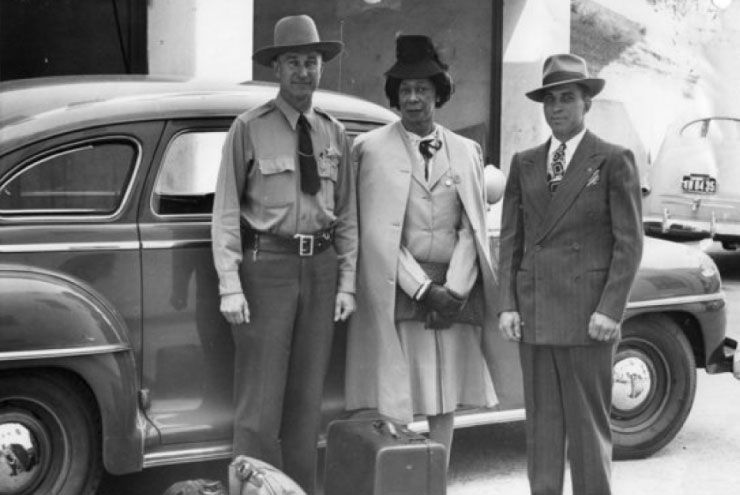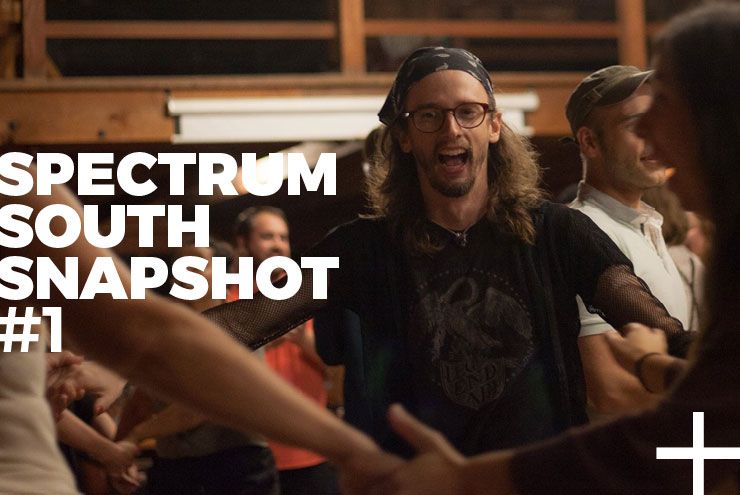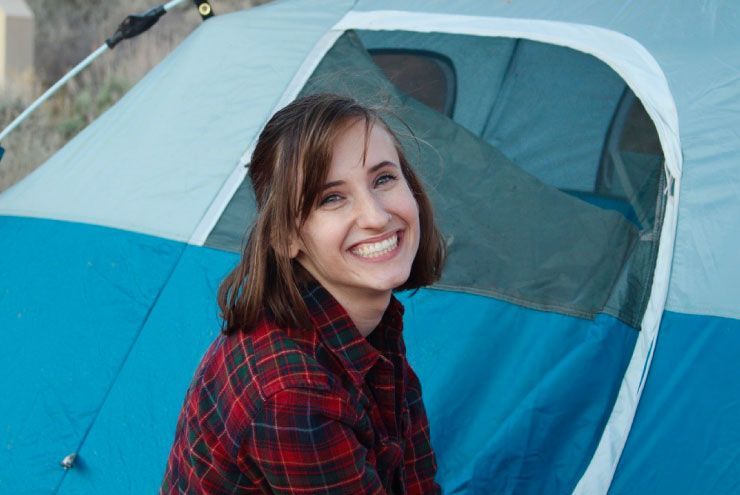By Jasmine Phillips
Wow, where has the time gone? 2021 has already raced by, and I can’t believe it’s already May. As vaccines are rolling out, it feels like the world is finally starting to open back up just in time for summer, with the prospects of travel and social life on the horizon. While some are chomping at the bit to emerge back into society, others are much less comfortable, still feeling the weight of the pandemic. The month of May marks Mental Health Awareness Month, a time that, given COVID-19 and its effects on our mental wellbeing, is more important than ever.
As someone who battles major depressive disorder, the pandemic has been a challenging time for me. I’ve always been an anchor for my friends and family—walking around with my head held high and a smile on my face. I never asked for support in return; I’d just continue to give and give to anyone who I called a friend. What I didn’t realize is how much energy I was draining in that process. I was limiting time for myself, falling into a dark place, and walking deeper and deeper into self-isolation. At one point, I didn’t trust myself to be alone. I knew that I had to reach out for professional help.
It’s hard to talk about your mental health with others. For me, I didn’t want to feel like a burden, or to risk sharing just to have my emotions invalidated. What’s worse is that, in the Black community, mental health is heavily stigmatized and rarely discussed. You’re met with responses like, “Ah, it could be worse, get over it,” “Stop being so sad,” or my personal favorite—one especially heard from the Southern Baptist community—“Just pray about it.” In reality, however, the Black community has and continues to experience extreme trauma, which impacts how we navigate the world.
As a community, we as BIPOC LGBTQ people must stop this cycle and be there for one another, especially for our youth. With many schools still operating in the virtual space, many LGBTQ youth are trapped at home with unaccepting families, feeling far removed from friends and community members.
Luckily, as it’s becoming safer to be around one another again, I suggest we intentionally seek out those who do support us fully, as a way to decrease depression and anxiety. If you’re not quite comfortable being around others yet, try journaling, meditating, or taking a walk outside—a little vitamin D can do a world of good.
Most importantly, remember that you are not alone. I see you. You are beautiful. You are loved. You are worth it. The future deserves to see you and your achievements. You deserve to experience life. We will get through this journey together. You have a friend in me.
If you are an LGBTQ+ young person in crisis, feeling suicidal, or in need of a safe and judgment-free place to talk, call the TrevorLifeline now at 1-866-488-7386 or visit the Trevor Project at thetrevorproject.org.







